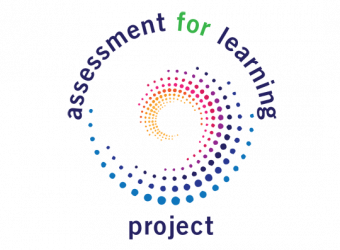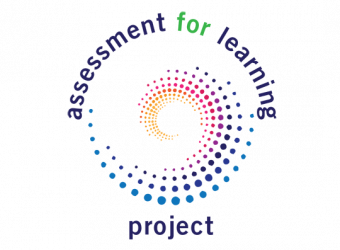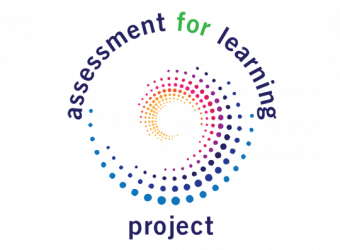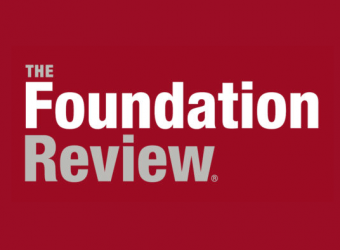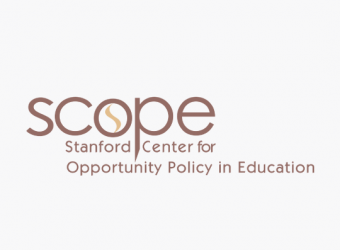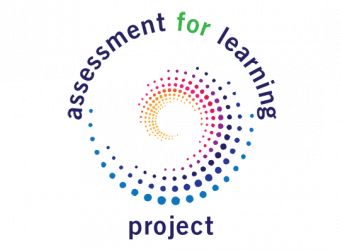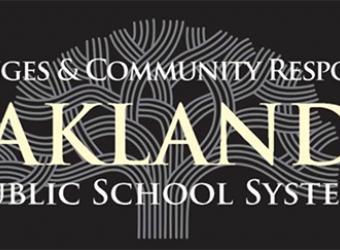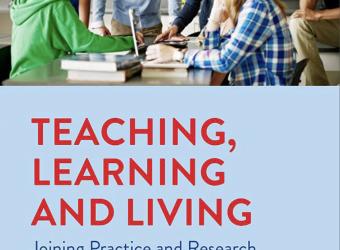Publications
A Virtual Learning Excursion: The HĀ unSummit
This memo, which is the eighth and final one in the series of Field Facing Memos, describes a virtual learning excursion: the HĀ unSummit. When COVID-19 prevented travel to Hawaii last April, the HĀ unSummit was created. Members of the Assessment for Learning (ALP) network were invited to attend a virtual learning excursion to explore and deepen their individual and collective understanding of Hawaii’s HĀ (BREADTH) Framework.
Keeping Connection and Equity at the Center of Teaching and Learning During the Time of COVID-19: An Interview with Two Rivers
This memo, which is the seventh in the series, features an interview with the Director of Curriculum and Instruction at the Two Rivers Public Charter School in Washington, DC. Originally planned as a piece analyzing the long-term work of the school, this memo was redesigned to feature an interview highlighting how the school rapidly responded to the changing education environment during the COVID-19 pandemic.
A Systems Approach to Creating an Ecology of Equity in a High-Poverty School District
This memo, which is the sixth in the series, highlights the ongoing work of the Sunnyside Unified School District (SUSD) to create an ecology of equity. Their efforts focus on developing a school system that fosters a belief in each person’s capacity to learn (administrators, teachers, and students alike) and increases students’ opportunities for success by helping them take responsibility for their own learning through the use of evidence.
Coherent Assistance in Education Improvement: How Foundations Can Help
First published in The Foundation Review, this paper describes a three-year study of an inter-organizational collaboration that was created to align the tools and services of three technical assistance organizations (TAOs) in one school district. The collaboration, known as the Aligned Partners Project, encountered significant challenges in developing coherent technical assistance.
Learning to Talk about Race and Implicit Bias in Historically White Districts: Some Guidance for Educators
Danielle Greene and Ann Jaquith wrote Learning to Talk about Race and Implicit Bias in Historically White Districts: Some Guidance for Educators for SCOPE’s district partner after the first year of the Stanford Sequoia K-12 Research Collaborative project.
Community Research Collaboratives
While working with partners within the Education Justice Network to develop projects that engage community-based organizations with researchers, SCOPE and National Education Policy Center identified a need for a new definition for an approach to research and engagement.
Beyond Alignment
What conditions are necessary for Technical Assistance Organizations (TAOs) to work together in a school district? How can a school district create conditions for TAOs to dwork together toward achieving a common goal across its schools?
Creating Identity-Safe Spaces So Feedback Can Educate and Motivate Learners
This memo, which is the fifth in the series, highlights the ongoing work of the Leadership Public Schools (LPS) Network—a network of three high schools in Northern California serving about 1,500 students with 98% identifying as people of color and 80% qualifying for free and reduced lunch. LPS, driven by their belief that students are serious and capable learners, thinkers, and doers, worked to disrupt inequities by developing and refining student peer feedback practices.
A Humanistic Approach to Scaling Up
What does it take to transform a large, bureaucratic institution with a fractured culture and a compliance orientation into a nurturing, collaborative, vision-directed organization? This report and the accompanying research brief endeavor to answer that question by examining a humanistic and systems thinking approach to cultural change that took place over a period of two years in a large-scale, state organization.
Virginia’s Student-Led Assessment Networked Improvement Community: Coming Together for Systems Change
This memo, which is the fourth in the series, describes how 11 Virginia school divisions have come together to form Virginia's Student-Led Assessment Networked Improvement Community. This Networked Improvement Community (NIC) is focused on increasing the use of student-led assessment practices, including capstone projects, to increase students’ agency and ownership of their learning and assessment experiences.
Developing A School Culture of Meaningful Feedback Deepens Everyone’s Learning
This memo, which is the third in the series, highlights the work of Summit View Elementary School in Tucson, Arizona and its use of ideas and practices from a blended online course, Student Agency in Assessment and Learning (SAAL) developed by researchers at WestEd, also an ALP grantee.
Toward the Desired State Practitioner Toolkit
A tool supporting districts in their work with technical assistance providers.
Co-Design as a Lever for Increasing Student Agency: Assessment for Learning in New Hampshire
This memo, which is the second in the series, highlights the work of the New Hampshire Learning Initiative (NHLI), a member of the ALP network. The memo describes their efforts to support educators across the state to actively engage students as partners in co-designing learning goals and assessment strategies, showcasing how these efforts have enriched the experiences of teachers and students in two districts.
The Internationals Network for Public Schools: Educating Our Immigrant English Language Learners Well
This study seeks to identify how the Internationals Network for Public Schools greatly increases the number of recent immigrant ELs who stay in high school, graduate, and attend and complete college.
Assessment for Learning Project: Field-Facing Memos
A multi-year grant program and field-building initiative designed to fundamentally rethink the roles that assessment can and should play to advance student learning and improve K-12 education in the United States.
Rethinking Students’ Role in Assessment to Promote Greater Equity
This memo, which is the first in the series, explores some of the assessment for learning practices that the initiative is supporting at Del Lago Academy of Applied Sciences, a small public high school in Escondido, California that educates a diverse group of scholars to develop industry-specific skills and expand their social networks and access to opportunities.
Engaging with Communities for Education Equity
Infographic author, Frank Adamson, writes that “Oakland has faced many educational challenges over the years from a variety of sources; this work both outlines the extent of the impact on the school system and identifies important information for community members as they seek to regain and retain control of education decision making in the district.”
Advancing a New Focus on Teaching Quality: A Critical Synthesis
Quality teaching depends on a wide array of personal and contextual factors. An emerging and s quality by examining how teachers’ abilities to influence student achievement change over the course of their career and how these changes are influenced by the context in which they work.
SCOPE Study–Teachers’ Time: Collaborating for Teaching, Learning, and Leading
This study examined four U.S. schools—that organize and structure teacher time and work so that teachers are encouraged to collaborate with one another in their efforts to enrich teaching and learning:
Teaching, Learning and Living
Ann Lieberman's new book reflects on how her career of inquiry into teachers and research has progressed and changed over the last fifty years.


